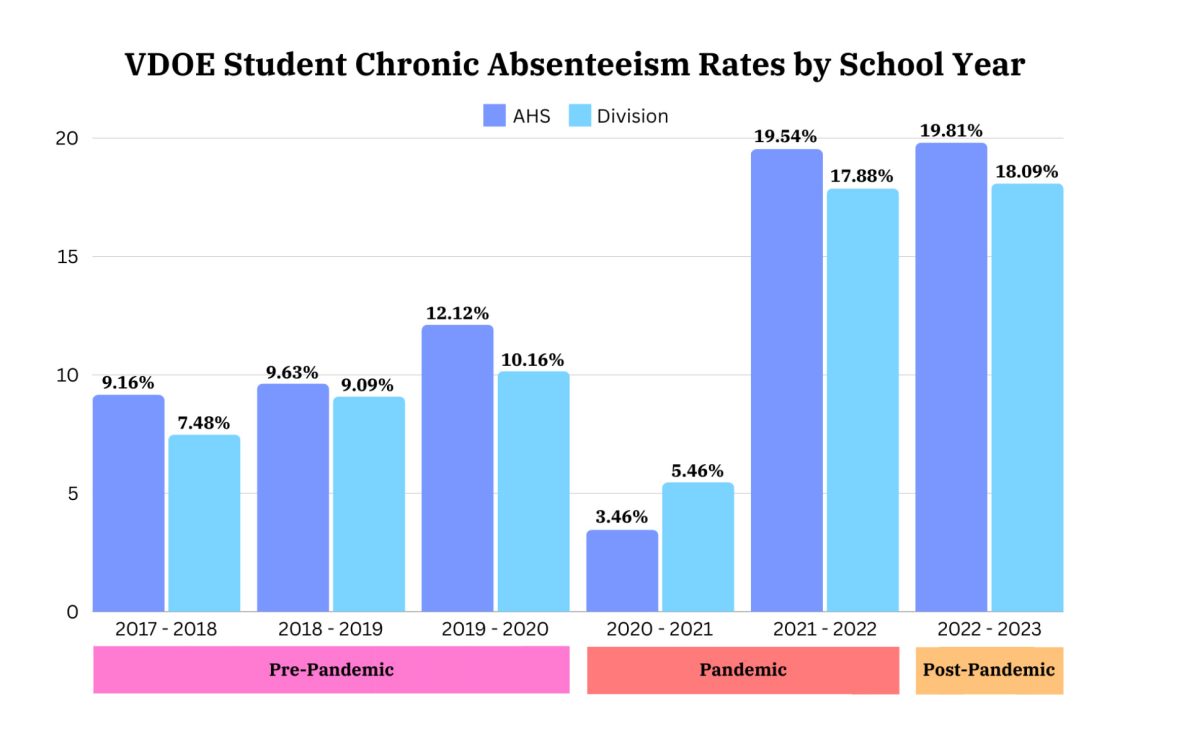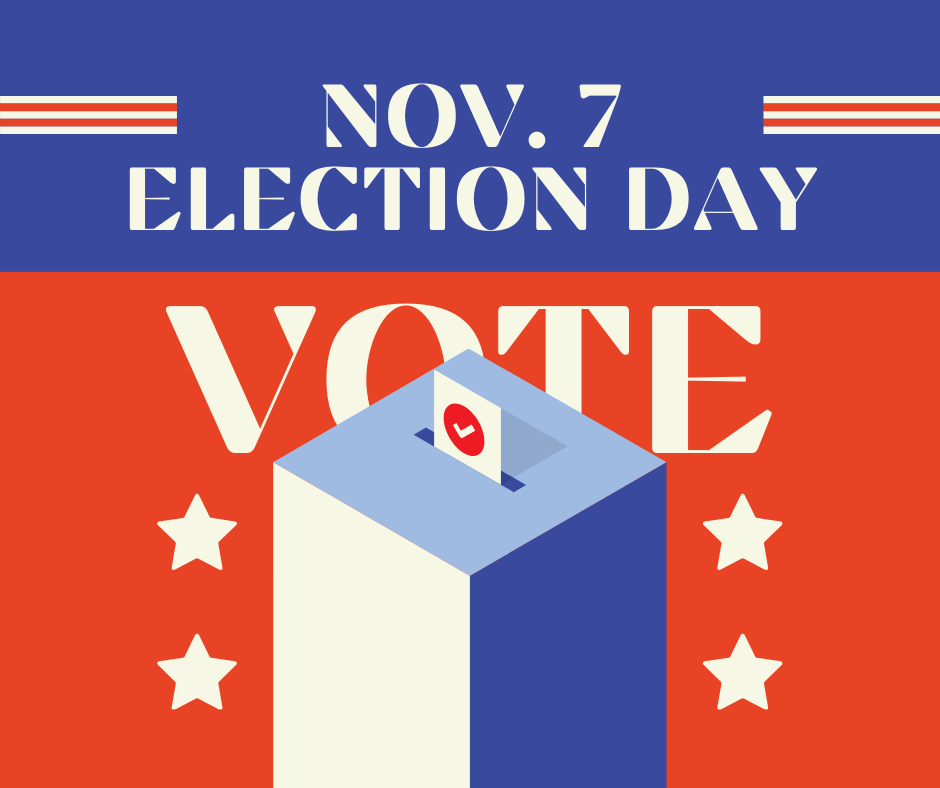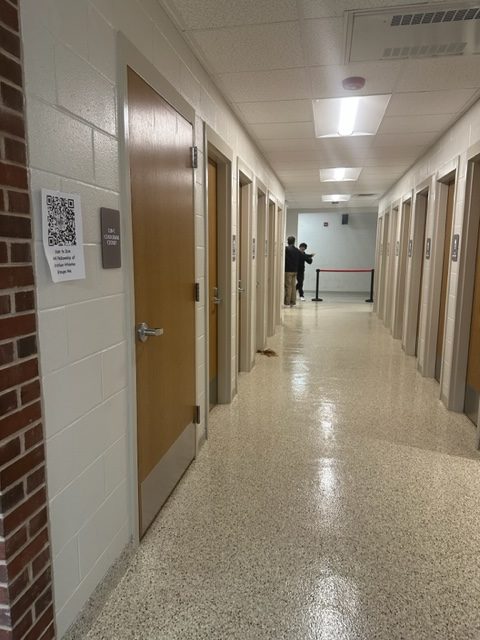Now seniors have ended their three-year, excruciatingly painful and expensive relationship with the College Board, it’s time to look back over our time spent together. Has the organization really improved any of our lives or have they simply eagerly taken our (well, realistically, our parents’) money? In light of this, why do we continue to subject ourselves to this abusive relationship?
The College Board is one of the best known corporations among high school students. The organization is responsible for the SATs, SAT subject tests, and AP Exams. These tests in turn have spawned the industry of review books (of which College Board also has a prominent market share) and created the career of a “college advisor.”
The College Board does serve a legitimate purpose. There needs to be a relatively standard way for colleges to compare students. As much as standardized tests have been criticized, they are and will likely continue to be a vital part of the college admissions process. This was the original purpose of the College Board – a purpose which, for the most part, has been adequately fulfilled.
However, the College Board has veered off its original course and ballooned into a bloated organization driven by profits instead of facilitating the college process. First of all, the College Board tests are unnecessarily expensive. In 2013, the cost of one AP Exam was $89. While this price is already insanely expensive, many students take multiple AP exams and pay several hundred dollars and endure a two month wait until July to receive their scores, all without a guarantee of getting credit for their exams at whatever college they end up attending.
The same goes for the SATs. Each SAT comes up to around $50, and students are generally advised to take the SAT two or three times. These tests, combined with the subject tests that many selective colleges suggest (which is code for “require” if you want to stand any chance of getting in) can easily run up to another hundred dollars.
These costs place a burden on many families and discriminate against students who cannot afford to pay for the tests. AP exams and SATs aren’t necessarily bad, but there is no justification for requiring students to pay an excessive amount of money in order to take them.
After adding the costs of nine AP exams, three SATs, four SAT subject tests, and over ten review books, I calculated that my family has given approximately $1,289 to the College Board.
In addition to the financial burden of college entrance exams, the tests are extraordinarily time consuming. Many AP exams run for over three hours (This year at AHS, the students who took the AP AB and BC Calculus exams were locked in the small gym from 7:40 a.m. to 12:40 p.m.), and the total time for the SAT, factoring in time to check in and the mandatory breaks, is more than five hours. Of all of College Board’s tests, only the subject tests run for a reasonable amount of time (one hour each). Many of these tests become more about a student’s endurance – their ability to maintain their concentration hours into a repetitive test – than they are about the actual material on the exam.
Many of the College Board’s practices are also shrouded in secrecy. Why exactly is it necessary to seal an exam booklet three times before it’s shipped off to a mysterious facility? The College Board itself is not a physical presence during the administration of its exams, so only the schools themselves can prevent cheating. AHS has at least two people proctor each exam and carefully ensures that the proper number of exams enter and leave for each test. The new policies that College Board has put in place for the SATs-uploading a photograph of the person taking the test and imposing stricter checks at the testing center- do not solve any problems. Instead, requirements like students signing a pledge of secrecy in cursive only add time to the already unbearably lengthy testing process.
So, again, after years of stress, usually peaking in early May, tear-inducing anxiety, sleep depravation and disappointment come July, are we really any better off because of the College Board?









